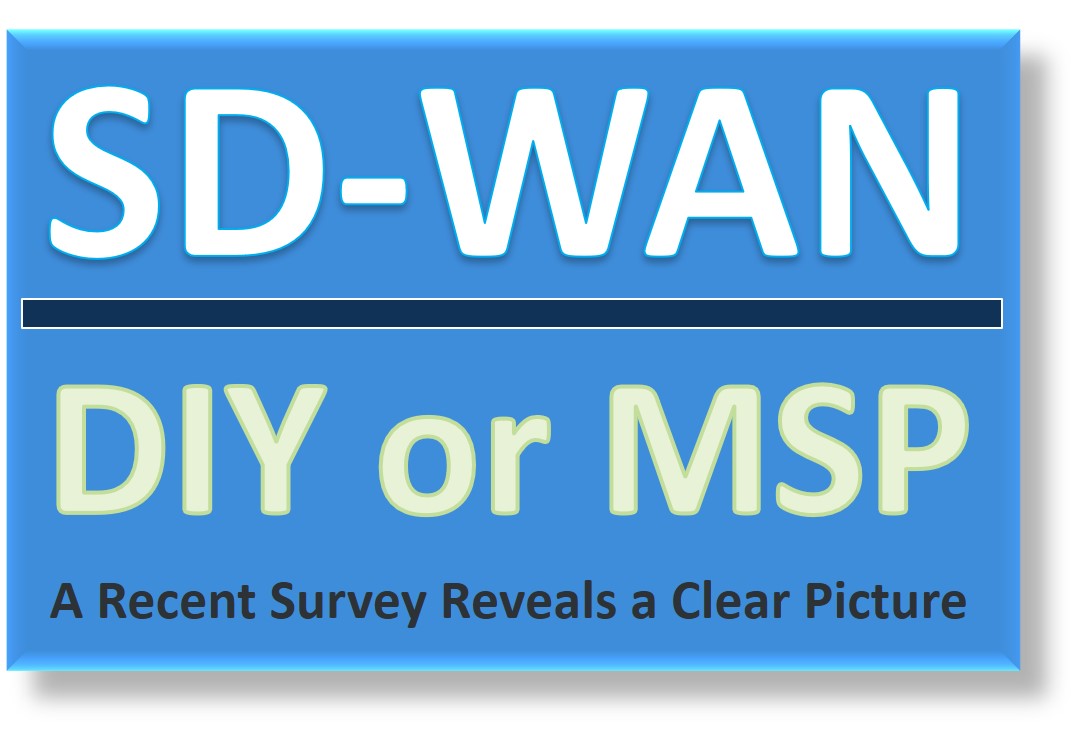The email from the prospective new client cut right to the chase….
“Dear Levi,
When you visited my office I was very impressed with you and the services your company offered. I had no hesitation in committing to your service but I’m beginning to rethink my decision. Even though you came highly recommended by people I trust, I did not appreciate that you took over two hours to respond to my last email. You need to reply IMMEDIATELY with the on-boarding schedule. One more thin:, I would like to confirm that a technician will be on-site for our on-boarding. I know you said that is unusual, but we are different and I would feel more comfortable with that. Our last provider let too many things fall through the cracks.
Sincerely, Dr. Choen.”
Levi’s reply was quick: “Dr Choen, thank you for the note. As much as we were looking forward to working with you, I agree with your assessment that this may not be a good fit. I can recommend other quality providers that offer a similar service if you would like. Thank you again, Greg.”
And just like that, a potentially disastrous partnership was avoided. Reread Dr. Choen’s email. Can you spot all of the red flags that led to Levi disengaging?

Partnerships should be on even footing before they begin.
Image courtesy of Kansas State University.
It can be difficult to identify when the wrong prospect is ready to become a paying client. But failing to do so in advance of a services engagement means that the door is open for mutual frustration, disappointment, and aggravation. Even though your salespeople would be loathe to admit it, the reality is that not every suspect, prospect, or lead is a good fit for your company. In our hunger for new business and additional revenue, it can be easy as IT service providers to avoid the tough questions about what kinds of customers we seek to serve. The “anything for a buck” mentality may seem like a good idea in the short term, but eventually the costs of difficult clients and engagements outweigh any benefits.
So how are you qualifying IT services prospects if the pre-sales process is going so well? How do you find the discipline to walk away from a potential client? In the past we have discussed how to end engagements with clients who have become problematic. Today we will focus on seeing the signs of a potentially difficult client long before you’ve agreed to work with them.
Thankfully, simple cues in language go a long way in showing the true character of an organization. The email Levi received above is full of these cues. Watch out for these five phrases as they are almost assuredly signs that the prospect you are so excited about today will become a stressful tax on you and your team in the future.
- “We are different…” Prospects that feel the need to point out that their business is unique fail to understand that they are not your only client. No, that doesn’t mean you can put them to the back of the line for every service or support call. It does, however, mean that you will may have difficulty getting them to standardize their hardware and/or software, which will lead to more service complications for your team. Of course the client is different than everyone else; you already knew that. For them to point it out is an implicit statement by the prospect that they expect to be treated differently than other clients. Is that really a good idea?
- “One more thing…” The problem with prospects that ask for one more thing is that there is rarely only one more thing. It is entirely reasonable for a prospect or lead to have lots of questions or comments and you should work hard to address each of them. But it is another matter entirely for the prospect to request unique or special offerings as part of your solution. It isn’t a problem if everything is made clear prior to the engagement of service. But beware clients that are always needing “one more thing” as part of your activity supporting them.
- “You need to…” Working with clients should be a mutually beneficial partnership. Your interests should be aligned. Be very careful letting prospects tell you what you “need to” or “should” do. Put yourself in their shoes and ask yourself if that is how you would choose to communicate were the roles reversed. Being told what you “need” to do is the first step to placing your team in a subservient role and not a role of partnership.

The wrong clients can be a never-ending source of frustration.
Image courtesy of Software Sourcery. - “This may seem like an odd request, but…” Having flexibility to accommodate client requests is a great idea to ensure customer happiness. However, accommodating every obscure request sets a precedent for the future. If a prospect is requesting something out of the ordinary, make sure that you price extra levels of support into your arrangement. Clients that think support hours extend longer just for them or think their maintenance window can be customized to their needs without paying extra will eventually become a drain on your support resources. That affects the support you can offer other clients.
- “Our previous/current provider…” While there are certainly IT service providers doing a poor job, it is imperative that you listen closely when a potential client talks about their previous provider in unflattering terms. Are the issues they disclose truly the fault of their IT provider? Or does some of the blame lay with the client? If a client is quick to declare that all of their IT challenges exist because of the incompetence or neglect of the previous service provider then it is probably in your best interest to investigate further. Are the issues at hand the result of poor IT support or are you simply the next partner they will quickly blame when things inevitably go awry?
Just as leads and prospects are evaluating you and your company, so too should you be evaluating them. Making sure the prospect’s needs fit not only what you provide but also the culture and method by which you provide it is integral to both your success and theirs. The reality is that not every prospect is the right fit for your organization just as every IT service provider is not the right fit for that potential client. Click here to learn if your needs fit with Mosaic NetworX and their unique set of IT service offerings!




